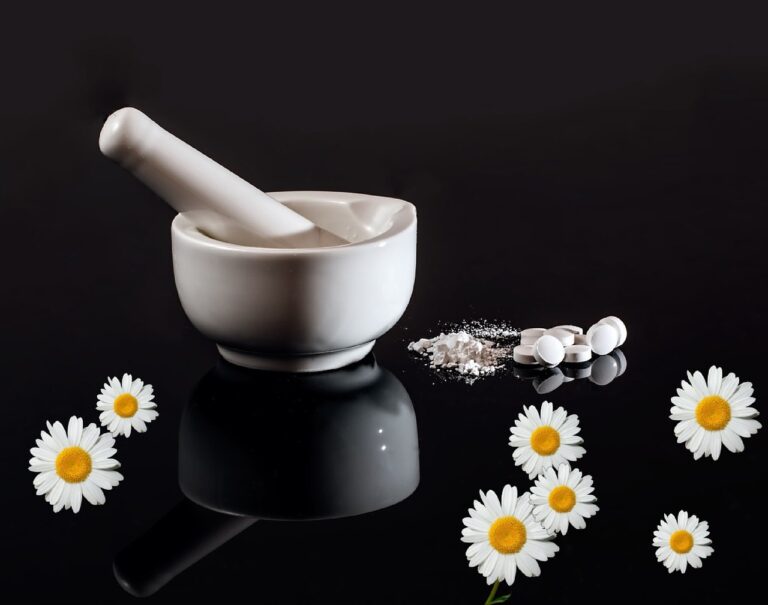How to Choose the Right Face Mask for Your Skin Concerns
allpaanel mahadev book, mahadev book login id and password, online cricket id:These days, face masks have become an essential part of our skincare routine. With so many options available in the market, choosing the right face mask for your skin concerns can be overwhelming. Whether you are dealing with acne, dryness, aging, or sensitivity, there is a face mask out there that can help address your specific needs.
Here are some tips on how to choose the right face mask for your skin concerns:
Understanding Your Skin Type
Before you start looking for a face mask, it is important to understand your skin type. Is your skin oily, dry, sensitive, combination, or normal? Different face masks are formulated to target specific skin types, so knowing your skin type will help you narrow down your choices.
For oily skin, look for masks that contain ingredients like clay, charcoal, or salicylic acid to help absorb excess oil and unclog pores. For dry skin, opt for masks with hydrating ingredients like hyaluronic acid, glycerin, or avocado oil to replenish moisture. If you have sensitive skin, choose masks that are fragrance-free and formulated with gentle, soothing ingredients like aloe vera or chamomile.
Identifying Your Skin Concerns
Once you have determined your skin type, it’s time to identify your specific skin concerns. Do you struggle with acne, dark spots, fine lines, or dullness? There are face masks designed to target each of these concerns and more.
For acne-prone skin, look for masks with ingredients like sulfur, tea tree oil, or benzoyl peroxide to help clear up breakouts and reduce inflammation. If you have dark spots or hyperpigmentation, consider masks with brightening ingredients like vitamin C, niacinamide, or kojic acid to even out your skin tone. Fine lines and wrinkles can be addressed with masks containing anti-aging ingredients like retinol, peptides, or collagen to help smooth and firm the skin.
Choosing the Right Formulation
Face masks come in various formulations, including clay masks, sheet masks, gel masks, and cream masks. Each type of mask offers different benefits and experiences, so it’s essential to choose a formulation that suits your preferences and skin concerns.
Clay masks are excellent for deep cleansing and purifying the skin, making them ideal for oily or acne-prone skin. Sheet masks are convenient and deliver a concentrated dose of ingredients to the skin, making them great for hydration or brightening. Gel masks provide a cooling and refreshing sensation, perfect for soothing sensitive or irritated skin. Cream masks are rich and nourishing, making them suitable for dry or mature skin in need of extra moisture.
Reading Ingredient Labels
When shopping for a face mask, take the time to read the ingredient labels carefully. Look for key ingredients that target your skin concerns and avoid any potential irritants or allergens that could trigger a reaction.
Some common ingredients to look for in face masks include:
– Hyaluronic acid: a powerful humectant that attracts and retains moisture in the skin
– Vitamin C: a potent antioxidant that brightens the skin and helps protect against environmental damage
– Salicylic acid: a beta hydroxy acid that exfoliates and unclogs pores, making it ideal for acne-prone skin
– Retinol: a form of vitamin A that stimulates collagen production and reduces signs of aging
– Aloe vera: a soothing and hydrating ingredient that calms inflammation and irritation
FAQs
Q: How often should I use a face mask?
A: The frequency of using a face mask depends on your skin type and concerns. Oily or acne-prone skin can benefit from using a mask 2-3 times a week, while dry or sensitive skin may only need to use a mask once a week. It’s essential to pay attention to how your skin responds and adjust your routine accordingly.
Q: Can I use multiple face masks in a single skincare routine?
A: Yes, you can customize your skincare routine by using different face masks to target specific concerns on different areas of your face. For example, you can use a purifying clay mask on your T-zone to control oiliness and a hydrating sheet mask on your cheeks to boost moisture.
Q: How long should I leave a face mask on?
A: The recommended time to leave a face mask on varies depending on the formulation. Follow the instructions on the product packaging for specific guidelines, but most masks are typically left on for 10-20 minutes before rinsing off with water.
In conclusion, finding the right face mask for your skin concerns requires a bit of research and experimentation. By understanding your skin type, identifying your specific concerns, choosing the right formulation, and reading ingredient labels, you can select a face mask that will help you achieve healthy and glowing skin. Don’t be afraid to try out different masks until you find the perfect match for your skincare needs. Your skin will thank you for it!







